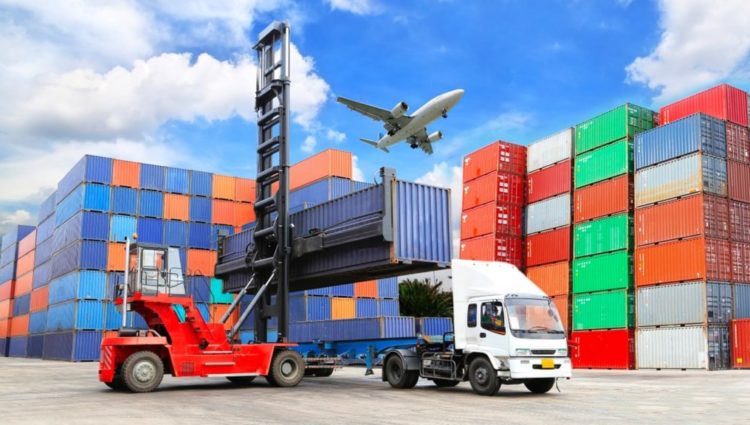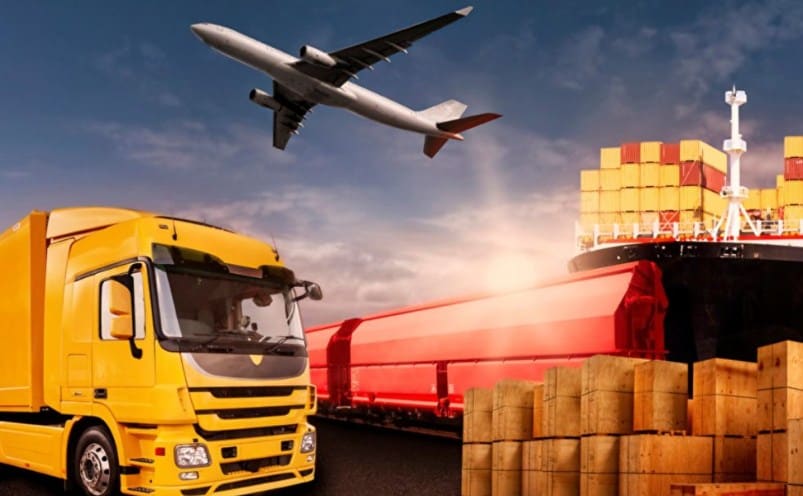Cargo Expedition in Indonesia: Connecting an Archipelago of Opportunities
Indonesia is a country of over 17,000 islands faces unique logistical challenges which make cargo transport an essential part of its infrastructure. With its vast geographical area and diverse economy, ensuring the seamless transportation of goods across land, sea, and air is crucial. The country’s flourishing sectors, from manufacturing to agriculture, depend heavily on cargo service to connect consumers and producers globally and domestically. Since the world economy is becoming increasingly interconnected, the Indonesian cargo industry plays a crucial part in maintaining trade and driving economic growth. Through connecting isolated regions as well as supporting industries, the cargo network forms the backbone of the nation’s trade.
The geography of Indonesia results in inherent challenges for the logistics system. Although the major islands such as Java and Sumatra have a dominant position as industrial and economic hubs small islands like Papua and Nusa Tenggara frequently struggle to get the availability of reliable cargo services. This disparity highlights the importance of custom logistics solutions. The companies operating in the freight sector use multi-modal transport systems, combining land, sea, and air freight to get even the most remote destinations. Technology advancements, like GPS tracking and routing optimization software are further improving effectiveness, which allows for quicker delivery times and better service performance despite the geographical obstacles.

Sea freight is still a major component of Indonesia’s cargo services because of its vast maritime borders. Ports like Tanjung Priok in Jakarta and Tanjung Perak in Surabaya serving as important hubs, movement of goods via the sea is essential to the international and domestic trade. Initiatives of the government, such as”Sea Toll “Sea Toll” program aim to reduce the distance between islands, making transport easier and more affordable. These efforts have significantly reduced logistics costs for businesses and businesses, particularly in regions where there was previously a lack of services. But issues such as port congestion and inconsistent rules still pose challenges, emphasizing the need to continue investing and modernization in port infrastructure. For more information please visit here https://muat.com/
Air freight is now the most effective solution for urgent transport, specifically in the e-commerce-driven Indonesian economy. Rapid growth of online marketplaces such as Tokopedia, Shopee, and Bukalapak has created an unprecedented demand for swift and reliable cargo services. Airports like Soekarno Hatta and Sultan Hasanuddin have become key points for air cargo that permit faster movement of goods across the archipelago. Air freight is particularly valuable for perishable goods, electronics and other items of high value that require time to essential. While more expensive than land or sea transport, the speed and reliability of air transport ensure it will remain a vital choice for companies that require quick delivery.
The growth of online shopping in Indonesia has transformed the logistics landscape, driving the development of cargo expedition services. With more and more consumers turning towards online marketplaces for purchases, the number of items that require transportation has soared. Delivery last mile has become the main focus of logistic companies to ensure that parcels reach their customers in a timely and efficient manner. Innovative technologies like automated warehouses, apps-based tracking of delivery, and even drone technology are changing the way products are delivered. These advancements not only enhance customers’ satisfaction, but they also help position Indonesia as an effective player in the global logistics industry.
In conclusion, cargo expedition in Indonesia is not just a logistical necessity It is an essential component of the nation’s economy. From connecting remote islands to facilitating international trade and facilitating international trade, this industry is the foundation for Indonesia’s growth and development. Through continued investment in technology, infrastructure, and green practices, the sector has the potential to conquer its challenges and further enhance the efficiency of its operations. As Indonesia grows as a major regional and global commerce hub, its expedition services will remain instrumental to ensure that trade, services, and opportunities flow seamlessly across its vast and vast archipelago.
